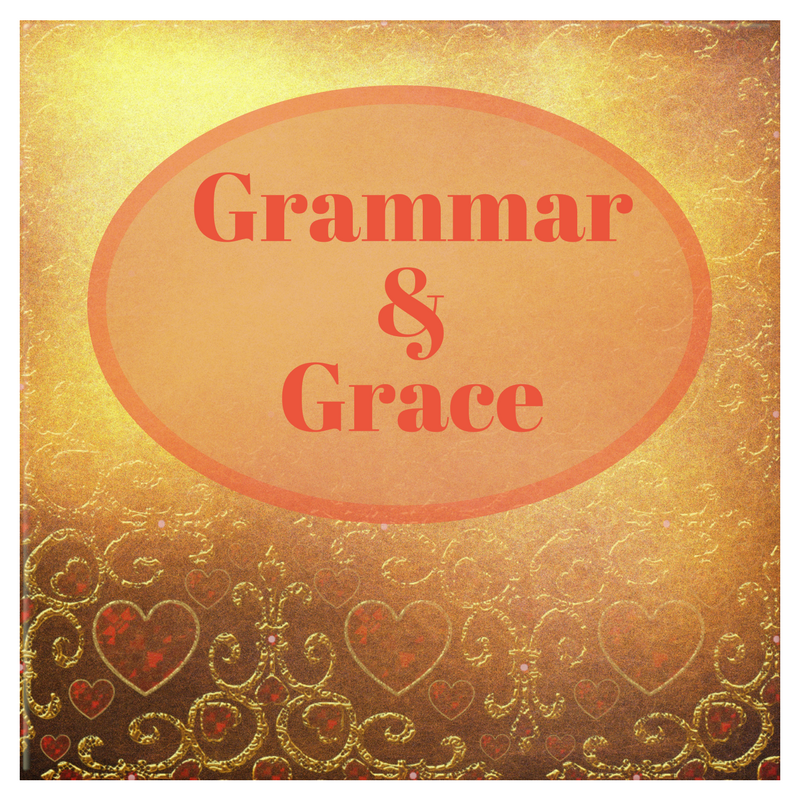
Three Simple Rules for Pluralizing Names
The holiday season is approaching, and it’s time for a post about the correct way to make proper names…
November 18, 2018
The holiday season is approaching, and it’s time for a post about the correct way to make proper names…
November 18, 2018
I was recently polishing my latest manuscript. One of the subplots involves a grant payout with large sums of…
October 18, 2018
Last year, we explored seven of the eight parts of speech. Then I took a break to address compound…
September 18, 2018
This post includes the remainder of compound words from U through Z. The list is intended to help during…
June 18, 2018
Last time, I offered a list of compound words from A to H. This post continues with the remainder…
May 18, 2018A friend of mine edited my latest manuscript for me. She mentioned that I have a tendency toward not…
March 23, 2018
Please stop using pronouns wrong! Between you and I, I’m sick of people using the wrong pronoun. Wrong. Wrong. Wrong!…
February 19, 2018
Today, people love to communicate with texts and private Facebook messages and emails and tweets, but around Christmas people…
December 18, 2017
Have you memorized the list of prepositions yet? Trust me, quickly recognizing prepositions will help you in the long…
October 18, 2017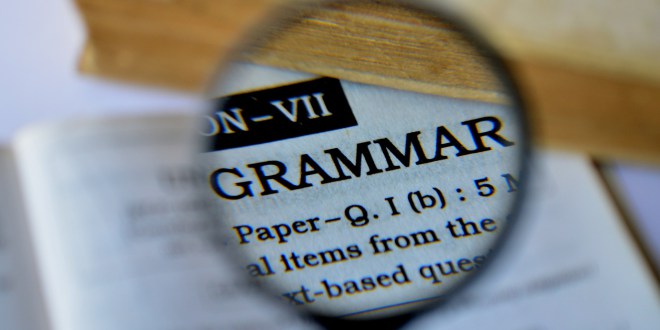
Adverbs are words commonly used to describe or modify a verb, and adjective, or another adverb. To test…
August 19, 2017
This month at Grammar and Grace we’re studying adjectives. Adjectives are words that tell something about a noun or…
July 18, 2017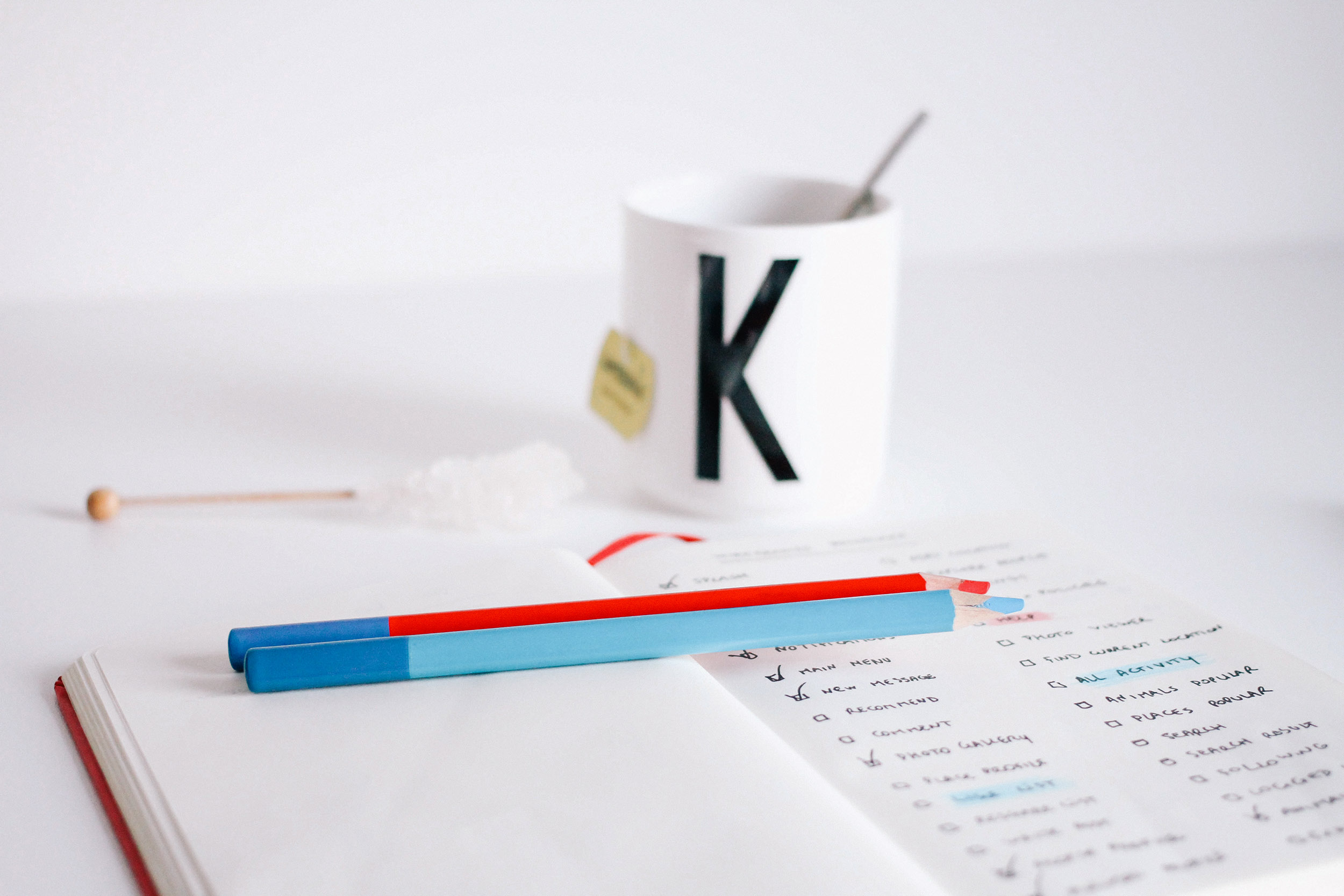
As languages go, English is fairly young. It’s been about 1400 years since the Anglo-Saxons imported English into Great…
June 27, 2017
A pronoun is a word that can take the place of a noun in a sentence which means…
June 17, 2017
This time we’ll discuss nouns. Nouns can be common or proper. A common noun is a person, place, or…
May 18, 2017
Last time, I introduced the eight parts of speech. This time, we’ll focus on verbs. I’m beginning with the…
March 17, 2017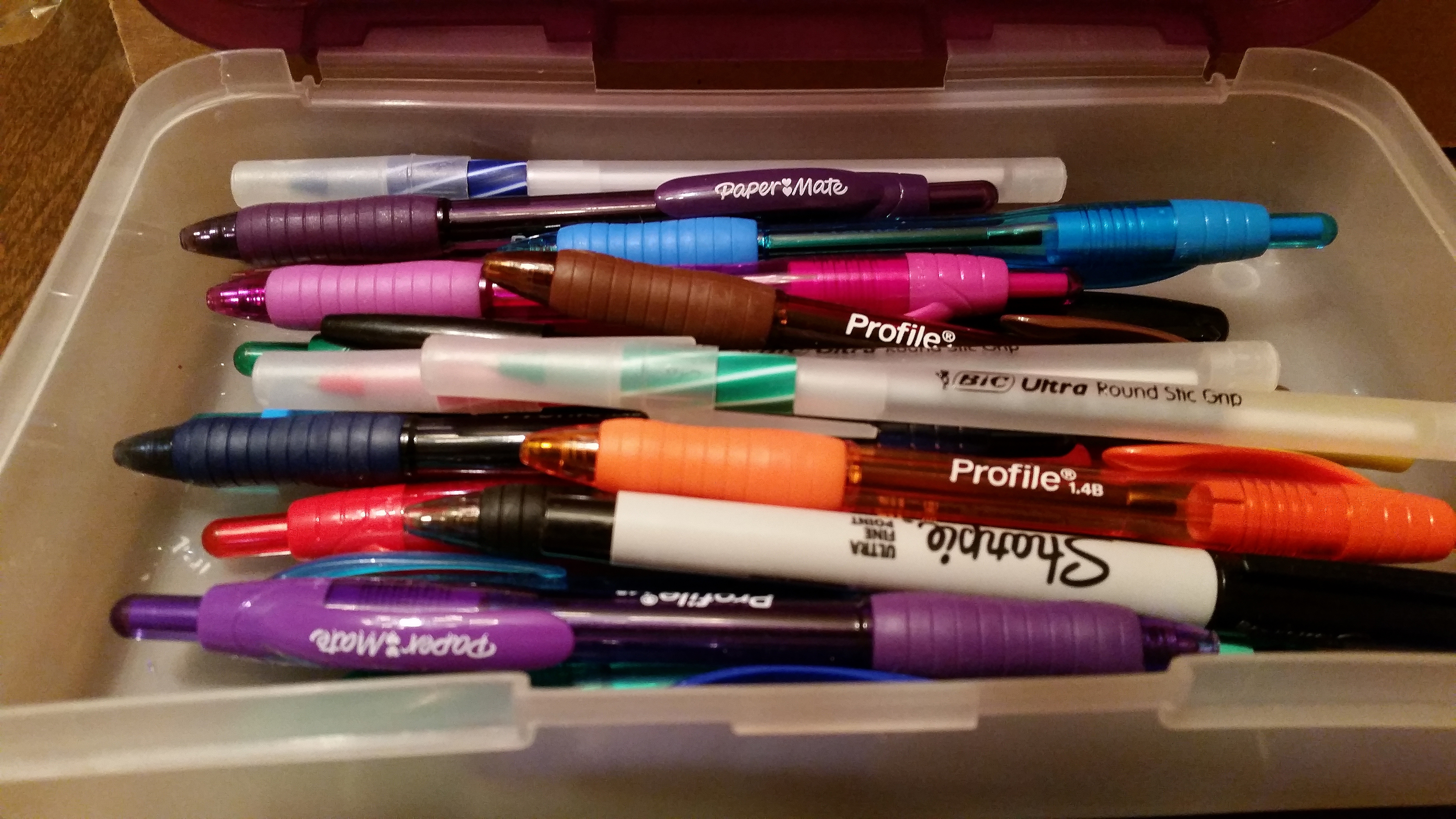
As this series draws to a close, here are a couple practical exercises you can do at home to…
February 21, 2017
For 2017, let’s understand the basics of English grammar by learning the eight parts of speech. They are the…
February 17, 2017
The comma is one of those punctuation marks that has an outsized impact in relationship to its size.…
January 27, 2017
Earlier this week I wrote a post for my own blog and was reminded about two things: the difference…
October 18, 2016
Last month, we talked about what “publish-ready” means. This time, we’ll look at basic proofreading. Spell check in Microsoft Word or whatever…
August 26, 2016
A few weeks ago I enjoyed a lovely dinner with friends at a cool restaurant in Raleigh. The first…
July 22, 2016
Last month, I overheard a conversation about dangling modifiers. Lots of laughter. Lots of confusion. Lots of questions. “What’s…
May 9, 2016
Lots of time we hear verbal patterns that may be acceptable (to some people) in speech, but they are…
April 17, 2016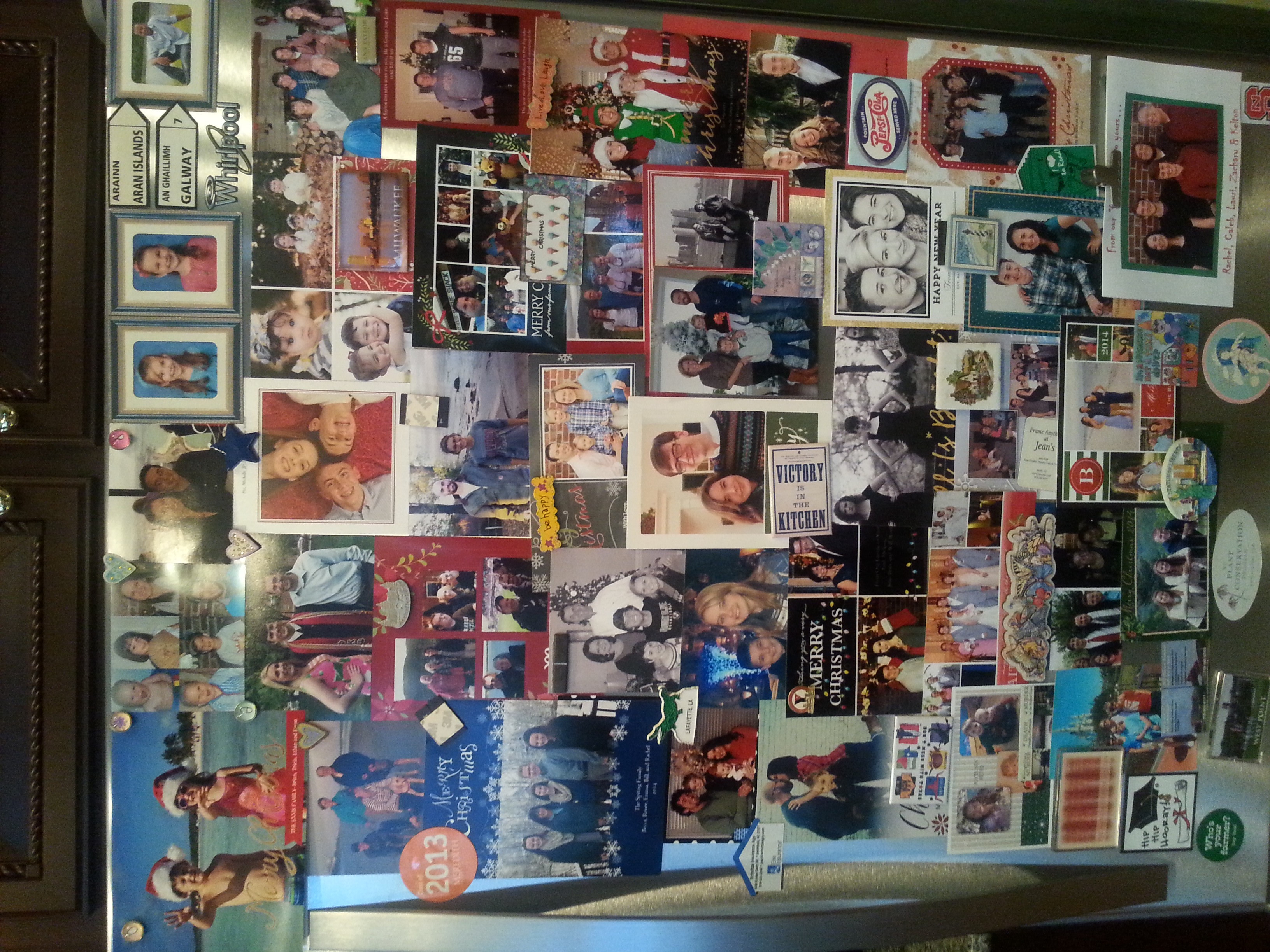
I love Christmas. I especially love sending and receiving Christmas cards. We send out a lot from our house,…
November 24, 2015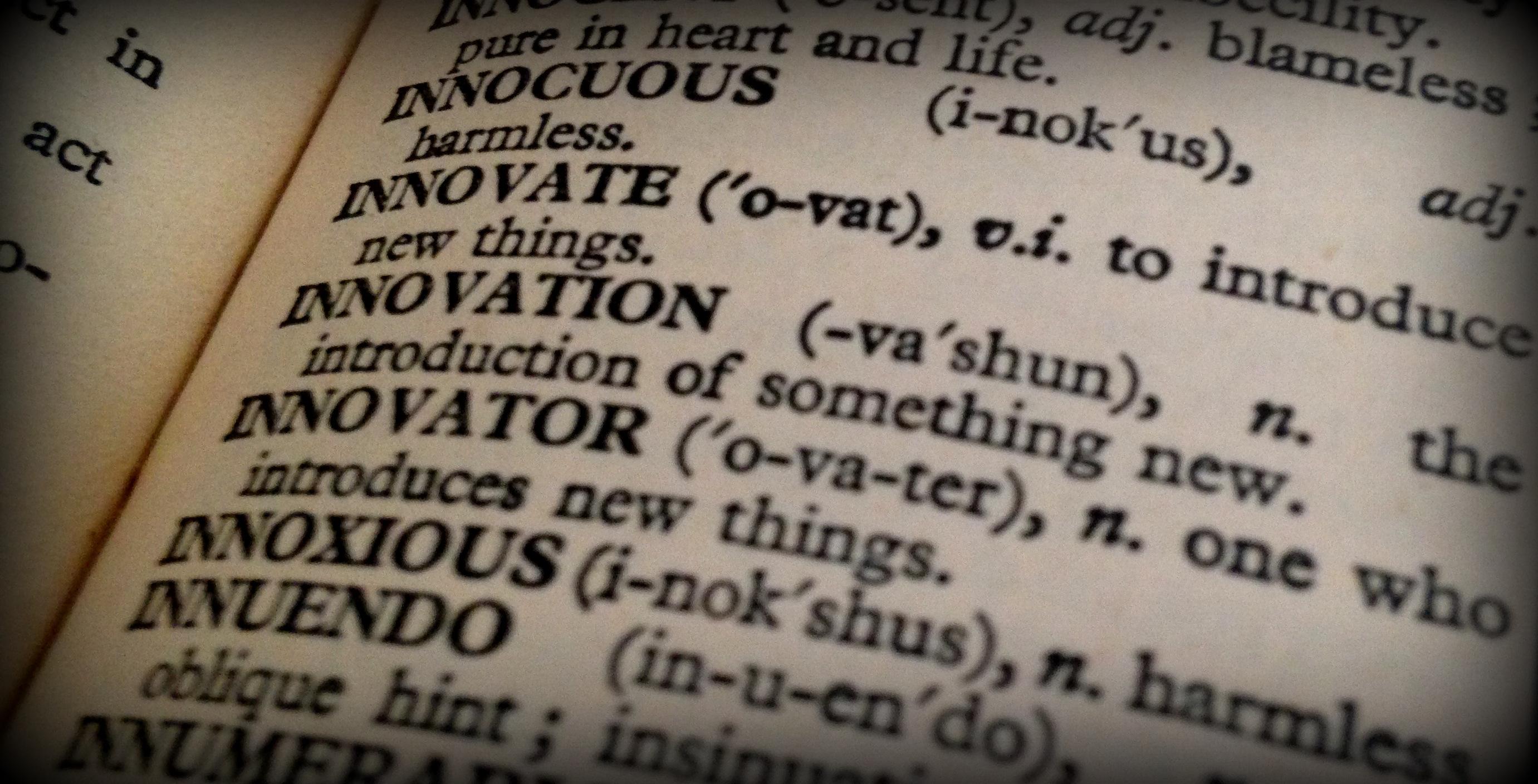
What’s wrong with this sentence? Me and Cam finished the Army Ten-Miler. Me should be I, right? Easy. Most…
September 18, 2015